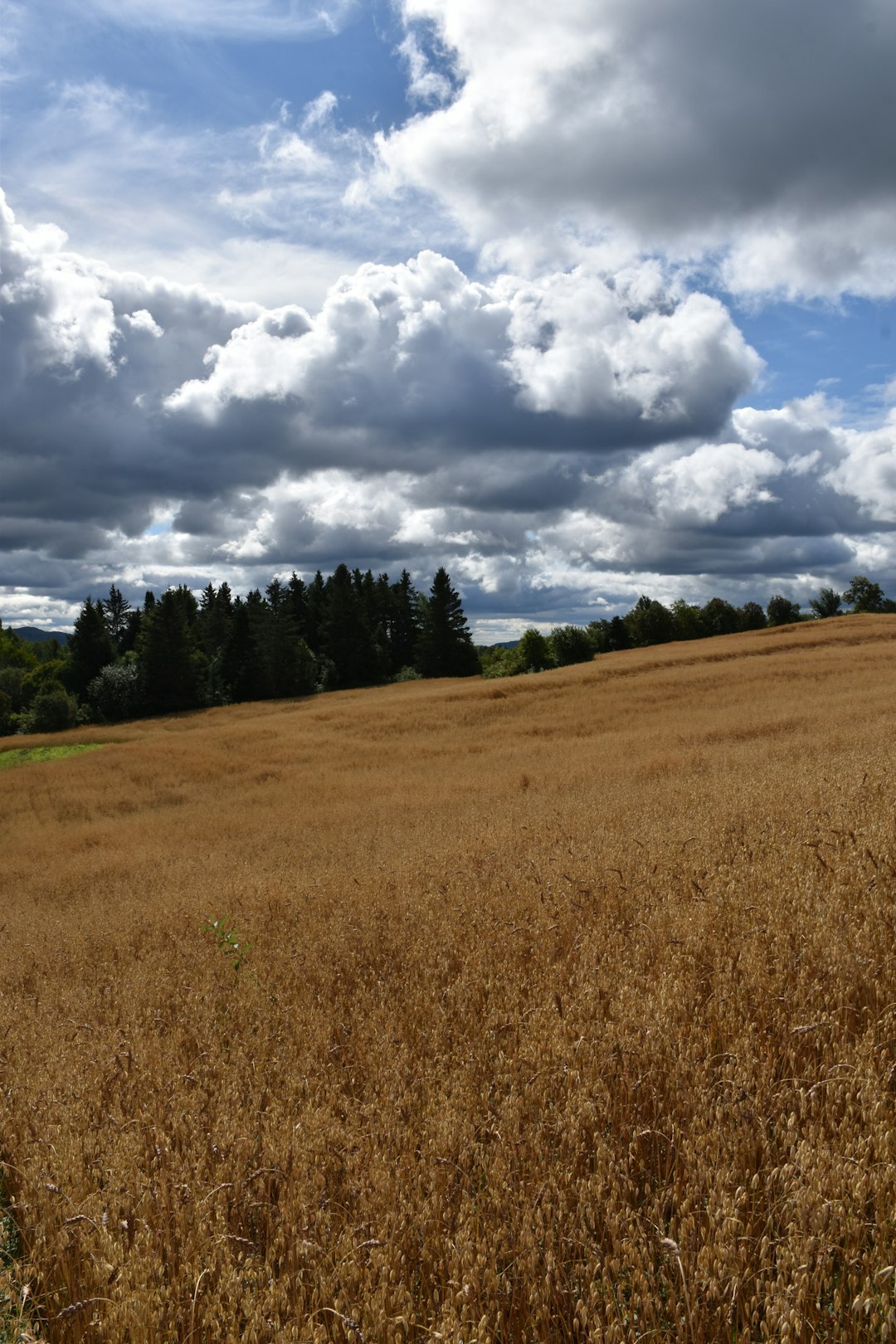

The culmination of acquiring land in Virginia transcends the transaction. It’s about forging a homestead that aligns with one's aspirations and encapsulates the spirit of this historic state. Envisioning the future of your land and meticulously planning your next steps is the gateway to transforming a mere purchase into your personal paradise.
Whether it is through sustainable farming practices, establishing a family residence, or preserving the natural habitat, crafting your homestead will be an adventure that melds your vision with the intrinsic character and possibilities of Virginia soil.
The journey to owning land in Virginia is fraught with considerations – from uncovering deals and navigating transactions to erecting the homestead you have long imagined. As each parcel of land holds the promise of a new beginning, so does your commitment to due diligence pave the way toward a dream fulfilled. May your Virginia land purchase be a legacy of prosperity and joy for generations to come.
The allure of Virginia's diverse topography is a substantial motivator in the hunting and gathering of plots and parcels. From the serene beaches of the Eastern Shore to the picturesque peaks of the Blue Ridge Mountains, Virginia offers a scenic backdrop for any envisioned lifestyle or venture. The state's agricultural legacy continues to thrive within the Shenandoah Valley, while the Piedmont region presents rolling hills and open spaces ideal for homesteading or recreational pursuits.
This varying landscape not only provides a tapestry ripe for different uses but also dictates market value and demand. Understanding the intrinsic value of an area's geography and resources is paramount when considering land purchase – particularly when it comes to future development potential or conservation practices.
Prospective owners should, therefore, recognize Virginia's environmental policies and any local zoning restrictions that could influence their ownership and make informed choices about their investments accordingly.

Selling land for cash in Virginia can be a strategic financial decision that offers numerous benefits to landowners.. Whether you are looking to liquidate an underutilized asset, streamline your financial portfolio, or simply capitalize on a ripe real estate market, selling land for cash presents several advantages worth considering. Firstly, one of the most compelling benefits of selling land for cash is the speed and simplicity of the transaction.
Posted by on 2024-09-30

Turning your Virginia land into a lucrative cash deal is an enticing prospect for many landowners.. With the state's rich history, diverse landscapes, and thriving economy, Virginia offers numerous opportunities for those looking to capitalize on their real estate assets.
Posted by on 2024-09-30

Unlocking hidden wealth can often feel like discovering a treasure chest buried beneath your feet.. If you own land in Virginia and are looking to transform this asset into quick cash, you're standing on a potential goldmine.
Posted by on 2024-09-30

Selling your Virginia land for immediate cash can be a straightforward process, but it involves several key steps and considerations to ensure you get the best deal possible.. Whether you're in need of quick funds or simply wish to offload property without the lengthy processes traditional real estate transactions require, understanding what's involved is crucial. First and foremost, it's essential to assess the value of your land.
Posted by on 2024-09-30

Navigating the intricate web of legal considerations when buying land in Virginia is pivotal to a successful transaction. To begin with, one must ensure that the property's title is free from encumbrances and that the seller rightfully owns the land in question. A title search and title insurance can safeguard a buyer's investment from potential legal battles or unforeseen claims.
Understanding local zoning laws and land use regulations is another cornerstone of a robust purchase strategy. These laws can drastically affect property rights and development prospects, whether it relates to agricultural use, building permits, or environmental conservation.
Seeking professional counsel, such as a real estate attorney familiar with Virginia's unique property laws, can be invaluable. They can guide you through the drafting and review of the purchase agreement, ensuring all terms are fair and that the contract abides by state and local statutes.
The dream of building from the ground up on Virginia acreage offers a blank canvas for potential landowners. The state’s generous land offerings mean that whether you're envisioning a stately manor amid historical lands or a sustainable farm that nods to Virginia's agricultural prestige, the potential to bring it to life is boundless.
Virginia's policies on land development are supportive of various endeavors, from farming and forestry to residential and commercial projects, with tax incentives and grants available for certain land uses. However, prospective owners should prioritize environmental sustainability and community impact, respecting Virginia's rich heritage and ecological landscape when planning developments.
Furthermore, tapping into local resources and hiring from within the community can ensure that any developments on your new land are both beneficial for you as the owner, and contribute positively to Virginia's economy and social fabric.


For those who face obstacles with traditional lending institutions, owner financing emerges as a viable alternative in Virginia. This method of purchasing allows buyers to pay the seller in installments, potentially bypassing hefty down payments, rigorous bank evaluations, and high-interest rates.
Owner financing agreements often entail a promissory note outlining the payment schedule, interest rate, and consequences of default. While this can offer a more accessible route to land ownership, it also necessitates a rigorous enactment of terms and understanding between both parties to protect their respective financial interests.
It is advisable to involve a legal professional to ensure that the owner financing agreement complies with state laws and adequately records the financial arrangement, thereby securing the interests of both the buyer and the seller.
The significance of due diligence in private land sales cannot be overstated. Comprehensive investigations into property conditions, potential zoning regulations, and environmental assessments are essential for buyers to avoid pitfalls. Always verify access to utilities, water rights, mineral rights, and other aspects that might not be immediately apparent in a private sale scenario.
Engineering studies and land appraisals can offer more detailed information about the property's worth and suitability for the buyer's plans. It is a prudent investment that could unveil factors impacting the land's value and usability down the line.
While the process may seem daunting, enlisting the help of professionals such as surveyors, appraisers, and environmental consultants can be instrumental in navigating these complexities, thereby safeguarding your investment.

Yes, you may be subject to capital gains tax on any profit made from the sale. Consulting with a tax advisor is recommended.
The first step is to gather all necessary documentation, such as deeds, surveys, and any permits or zoning information.
Clearing your land can make it more attractive to buyers but consider the costs versus potential increase in sale price.
You�ll need the title deed, property tax information, and any surveys or environmental reports associated with the land.